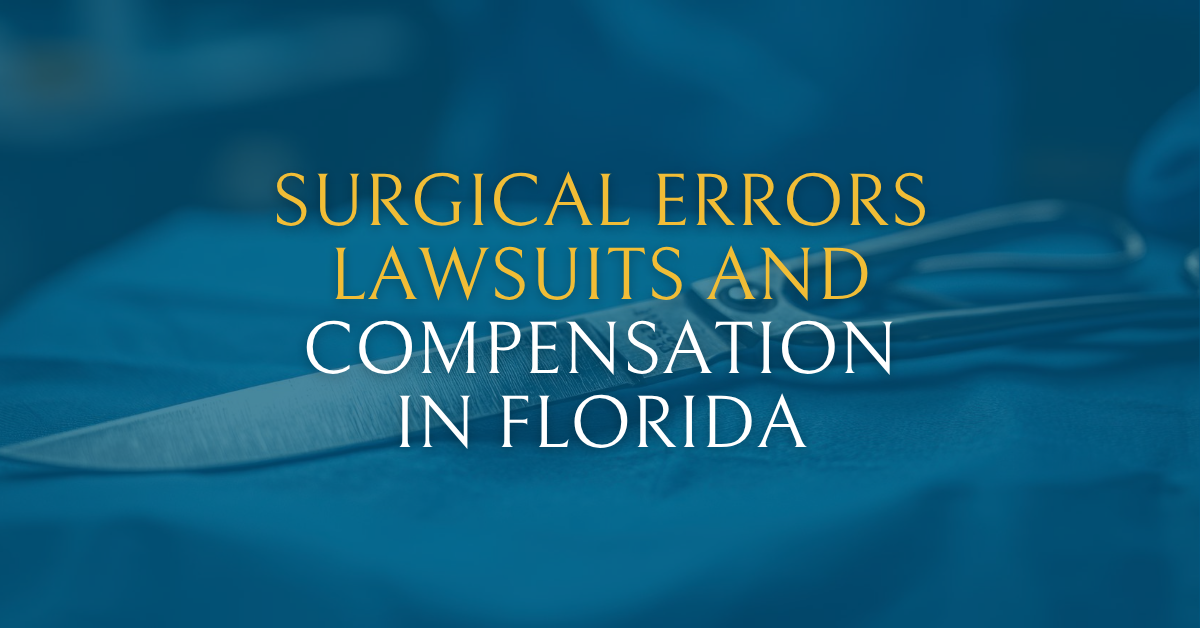If you specify a transfer of LLC membership interest upon death but promise the same property to someone else in your revocable trust, who wins?
In the case of Blechman v. Estate of Blechman, Bertram Blechman and his sister formed Laura Investments, LLC, a limited liability company. Upon forming the company, Bertram and his sister executed an operating agreement which outlines the business’s basic structure and gave each of them—as an owner—a 50% “Membership Interest” in the company. As defined by the agreement, this “interest” consisted of the “rights to distributions, allocations and information, and the right to vote on matters coming before the Members.”
In addition to providing a managerial framework, the agreement imposed restrictions upon each Member’s ability to convey his interest in the company. In the case of death of a Member, the agreement provided that, unless (i) a Member shall transfer all or a portion of his LLC Membership Interest to a member of his immediate family, (ii) a Member bequeaths the Membership Interest in the Member’s last will and testament to members of the immediate family of the Member, or (iii) all such Membership Interest of a deceased Member are inherited by members of the Member’s immediate family, the LLC Membership Interest shall pass to and immediately vest in the deceased Member’s then living children.
The Bertram Blechman Revocable Living Trust
On December 12, 2000, Bertram executed his last will and testament and The Bertram Blechman Revocable Living Trust. Neither the will, nor the trust, contained any provision relating to Bertram’s 50% ownership interest in the LLC. However, on August 20, 2010, Bertram amended his trust to provide a “specific gift” of his residence and one half of the distributions from the LLC, to a trustee for the benefit of Arlene Roogow—Bertram’s girlfriend since 2003. The trust also required the Estate to pay the expenses associated with maintenance of the home.
Bertram’s Revocable Trust Provision is Nullified
On February 25, 2011, Bertram died. Predictably, Ms. Roogow asked the probate court to award her the residence and to transfer the LLC’s distributions from the Estate account to her own account to pay her expenses associated with the residence, pursuant to the 2010 trust amendment. Bertram’s children, however, took the position that the LLC membership and its distributions were not an estate asset, because upon Bertram’s death his 50% interest in the LLC immediately vested in them, as his children. Ms. Roogow countered that the specific devise in the 2010 trust amendment controlled, and she was therefore entitled to the distributions. The probate court sided with Ms. Roogow and held that the LLC was an estate asset, and as a result, Ms. Roogow was entitled to receive one-half of the distributions from the LLC. The children appealed.
The Florida Fourth District Court of Appeal disagreed with the probate court and reversed. The appellate court held that under Florida law the express language in contracts addressing the disposition of property trumps contrary language in a testamentary instrument, such as a will or trust. In other words, Bertram’s revocable trust provision is nullified to the extent it is contradicted by the LLC’s contractual provisions. The appellate court noted that the express language of the operating agreement provided that, unless the Member’s Interest was transferred or bequeathed to a member of his or her immediate family, the Interest would immediately vest in the Member’s children upon death of the Member. In this case, because Ms. Roogow was not a member of Bertram’s immediate family, Bertram’s 50% interest in the LLC immediately vested in his children upon his death. Furthermore, because Bertram’s 50% interest in the LLC immediately vested in his children, the LLC and distributions from the LLC membership were not a probate asset, which meant the distributions could not be used to pay Estate expenses, such as for the upkeep on the residence that was provided to Ms. Roogow.
The Importance of Proper and Thorough Estate Planning
This case highlights the importance of good, and thorough, estate planning in order to effectuate the client’s intent and avoid litigation. The operating agreement spelled out precisely how a Member could transfer their interest at death; however, for unknown reasons it was obviously not taken into consideration when Bertram amended his trust in 2010. While it seems pretty clear that Bertram intended to provide for Ms. Roogow on his death, he chose the wrong way to go about doing that, which unfortunately resulted in his intent not being carried out.
If you have questions about your revocable trust, or anything to do with Estate Planning, give our experienced attorneys a call to schedule a private consultation.








